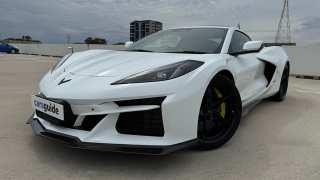
Charging your electric car at home: Everything you need to know

Can you charge an electric car at home?
Yes, you can charge an electric car at home using either a standard wall socket or a dedicated AC fast charger (often referred to generically as a ‘wallbox’ charger, although ‘Wallbox’ is an actual brand of charger).
Petrol stations - those monuments to expensive fuel, overpriced junk food and restrooms that hygiene forgot - aren’t exactly at the top of anyone’s ‘must visit’ list when they leave the house (although they are handy for checking tyre pressures).
Which is part of the appeal of electric vehicles (EVs): to get them all charged up and ready to silently roll, you don’t have to leave the house. Ever.
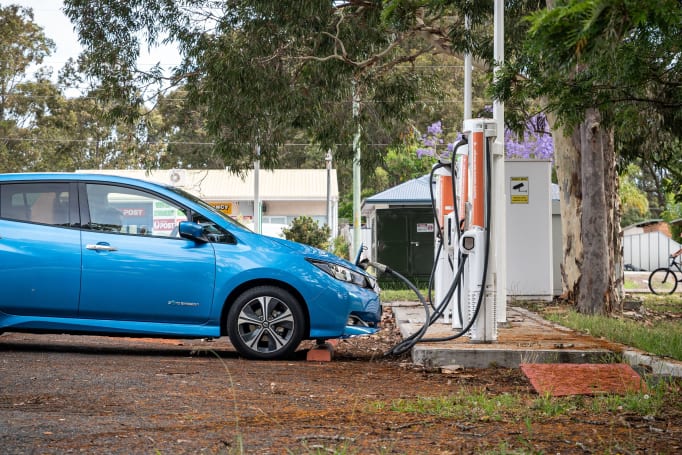
How to charge an electric car: domestic socket
Both EVs and plug-in hybrid electric vehicles (PHEVs) need to be plugged in to an external power source to charge their onboard battery packs, and it’s as simple and straightforward as plugging in your mobile phone when it needs a charge.
A cable, which is typically supplied when you buy an EV, but is also available from a number of specialist retailers, can be plugged in to a standard 240-volt, AC (alternating current) domestic wall socket, giving you the freedom to charge wherever you can find one (which is: almost everywhere).
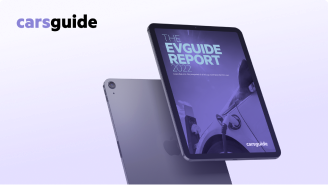
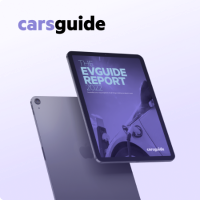
Download the EVGuide Report, 2022
Australia's one-stop snapshot of all things relating to electric cars.
This is also known as Level 1 AC ‘trickle charging’, and what you’re getting power-wise is around 2.0kW of power through a normal 10-amp socket.
It’s the slowest method of charging your EV, and it can take anywhere from four to 48 hours to fully charge a battery from empty, depending on how big your EV’s battery capacity is (as a rule of thumb, divide the kWh of your battery by two, and that should give you a decent indicator of many hours it’ll take to charge).
The kW offered while charging is equivalent to the kilometres you’ll get from every 10 minutes of charging, so 2.0kW will give you around 2km of range for every 10 minutes you charge.
Read more: Will electric cars ever be cheaper in Australia?
Cost
Electricity retailers in Australia charge between 20 and 35 cents per kWh.
The MG ZS EV, Australia’s cheapest electric vehicle at $44,990, plus on-road costs, has a 44.5kWh battery. If your electricity rate was 20 cents per kWh, that means it would cost a grand total of $8.90 to fully charge the battery - significantly less than the average cost of filling a tank with petrol.
If your electricity at home is harnessed via renewable solar energy, congratulations: the cost to charge your EV is a delightful zero (as long as you charge it during the day, when it's sunny).

How to charge an electric car: AC fast charger
Electric car charging at home in Australia can also be done via a dedicated fast charger.
Often referred to as ‘Level 2 AC fast charging’, this is - you guessed it - a lot faster than AC trickle charging.
AC fast chargers up the power output to 7.2kW for standard 240-volt single-phase wiring, and 22kW if you have 415-volt three-phase power at your disposal.
A 7.2kW charger will give you 7.2km of range every 10 minutes, whereas the 22kW charger will give you 22km of range every 10 minutes.
Again, the time it takes to charge your EV battery from empty to full entirely depends on the size of the car’s battery capacity (again, divide the battery capacity by the charging power to work it out).
Before you decide which AC fast charger to get, be aware that some EVs - namely PHEVS - will only charge at a maximum rate of 3.6kW or 7.6kW, so getting a 22kW charger is a bit pointless if you own a car that can’t utilise that kind of power.
Read more: Every electric car available in Australia
Cost
A Level 2 7.2kW charger costs around $950 to $1500 plus installation, although many car companies include free installation when you purchase an EV.
A Level 2 22kW charger is a little dearer, and costs around $1000 to $3000, plus installation.

Level 2 AC fast charger suppliers
EVSE
Cost: From $950
Touting themselves as ‘Australia’s #1 supplier and installer of universal electric vehicle chargers’, EVSE sells a range of cables and chargers so you can take some EV power direct to your home. Its Ocular home universal charging station starts at $950 for a 7kW model, and $1150 for a 22kW model.
Jet Charge
Cost: From $950
Jet Charge claims to be Australia's leading hardware supplier and installer of EV charging infrastructure, and it's been installing charging stations in homes since the Tesla Model S launched in Australia in 2014. Its chargers range from the 7.2kW QUBEV universal electric vehicle charger for $950, all the way up to the Wallbox Commander 2 for $2490.
EV Powerhouse
Cost: From $899
Lo and behold, another charging station company that claims to be ‘Australia's #1 EV Charging Station Distributor’. EV Powerhouse offer 7, 11 and 22kW chargers, with prices starting at $899 for the Teison Design 360 7KW Charging Station, to $2,250 for the Teison EV Wallbox PRO-22KW Smart OCPP.
Read more: Everything you need to know about charging electric cars







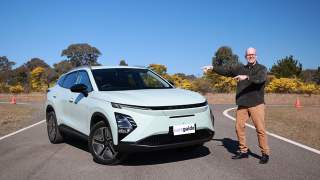
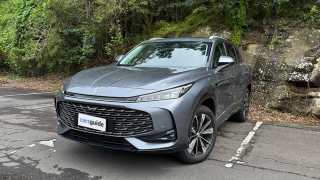
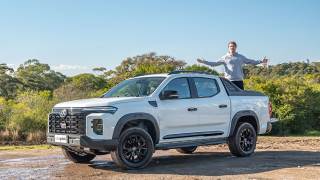
Comments